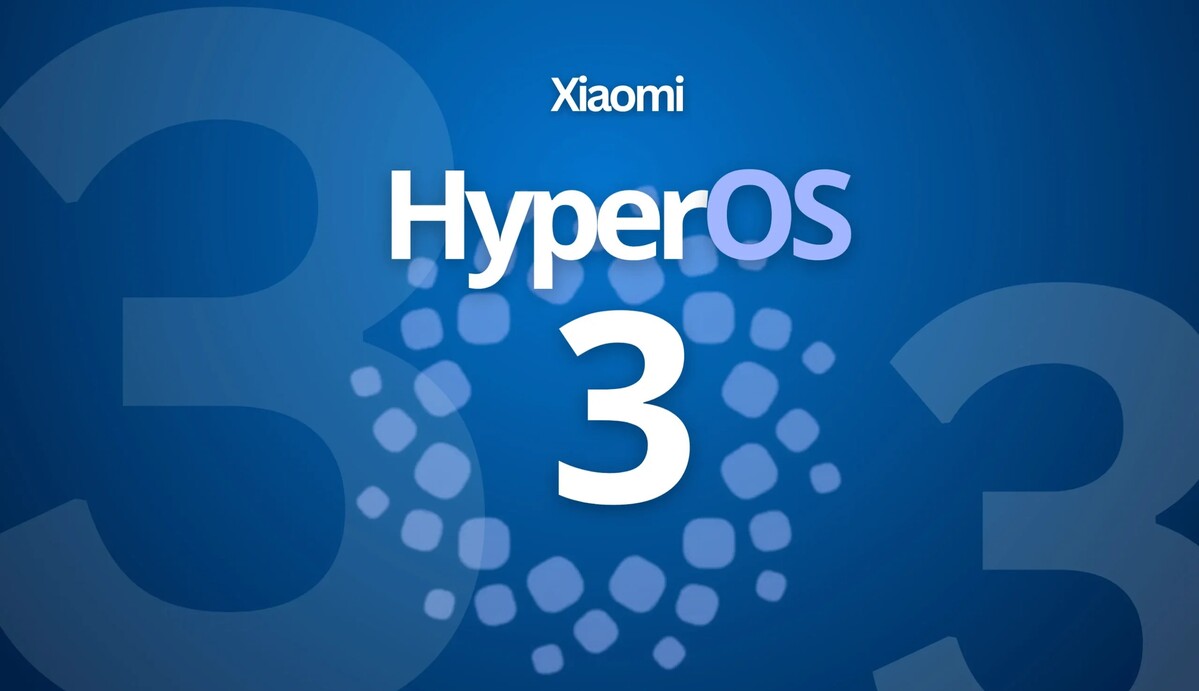HyperOS 3 new icon design spotted in a leak.
HyperOS 3 brings revolutionary icon design changes with iOS-inspired liquid glass interface, new battery indicators, and dynamic island features. Learn what’s new in Xiaomi’s biggest UI update.
Xiaomi fans have been waiting for something fresh. The wait might finally be over. Recent leaks reveal HyperOS 3 will bring bold UI changes with redesigned icons that closely mirror iOS 18, offering a unified, visually sophisticated appearance. This isn’t just a small update. It’s Xiaomi’s biggest design change in five years.
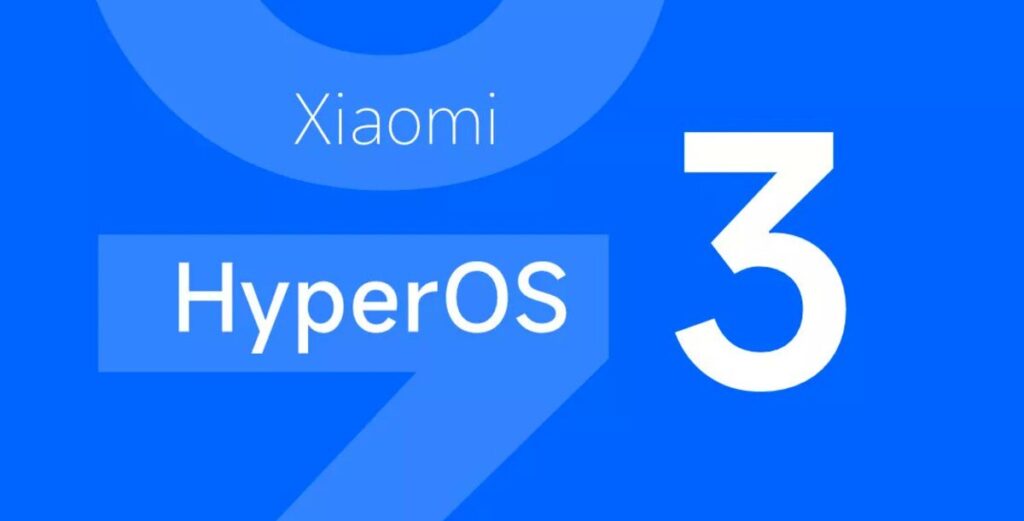
How Will HyperOS 3 Icons Look Different?
The leaked images show major changes coming to your favorite apps. HyperOS 3 will completely transform how icons appear on your phone. The new iconography features rounded, glossy, and carefully spaced design elements that make everything look more modern.
Three main apps are getting new looks:
- Calculator gets fresh mathematical symbols
- Clock shows actual numbers (12, 3, 6, 9) instead of just hands
- Notes features a bigger pencil design
Core apps like Camera and Gallery now feature more rounded, three-dimensional icons with increased color saturation and depth that improve visibility and user engagement. Your phone will feel more premium and easier to use.
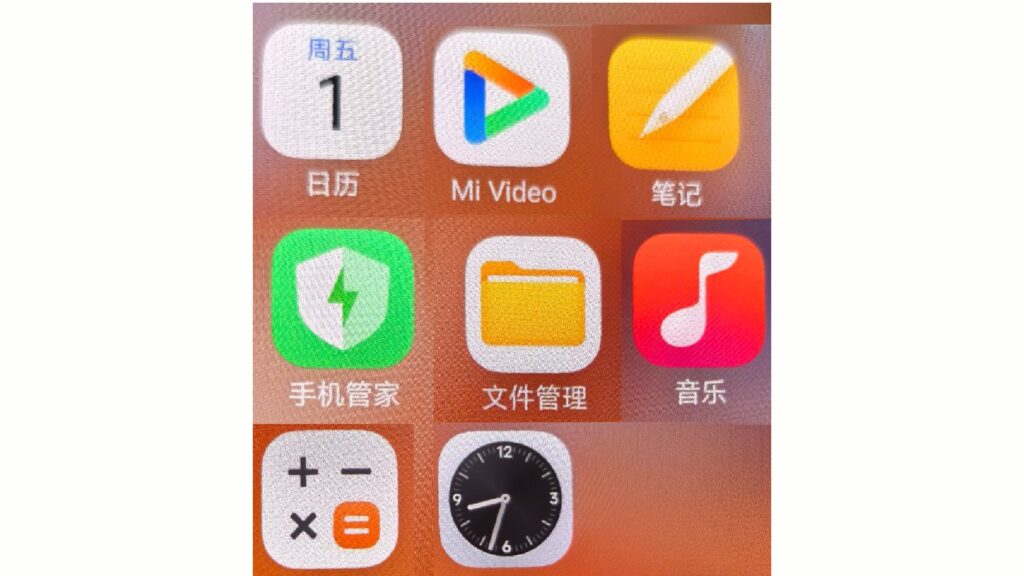
Will the Status Bar Change Too?
Yes! The biggest change might be in the status bar. Recent preview screenshots highlight new signal and battery icons reminiscent of iOS 18. This matches Android 16’s default design, making everything look consistent.
The new battery icon looks cleaner and easier to read. WiFi and signal strength indicators also get updates. These changes help users understand their phone’s status better.
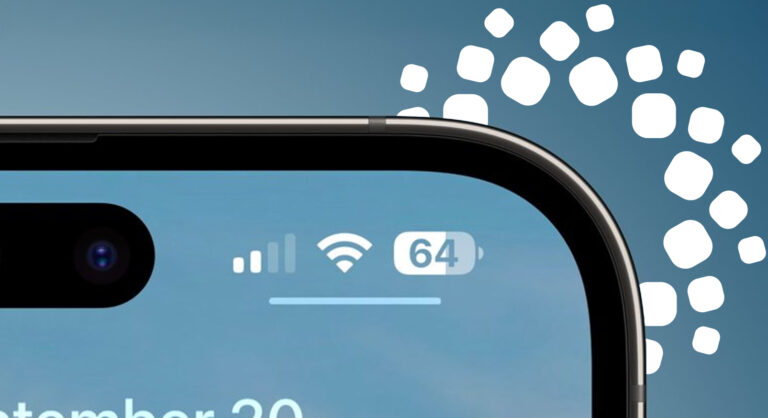
What Is the Liquid Glass Interface Everyone Talks About?
Recent information from well-connected Chinese leaker DCS revealed HyperOS 3 introduces a liquid glass-inspired control center and icon set. This isn’t just about looks. It changes how you interact with your phone.
HyperOS 3 incorporates glass-inspired UI elements throughout multiple system layers, bringing translucent panels with depth, layering, and elegance for a more luxurious digital experience. Everything feels more alive and responsive.
The liquid glass design makes widgets and apps blend together smoothly. Colors flow naturally from one element to another. Your phone’s interface becomes more than just flat pictures on a screen.
Dynamic Island Feature Coming to Xiaomi
The leak suggests HyperOS 3 will include Dynamic Island features for Xiaomi devices. This puts Xiaomi on par with other major brands like Samsung and OnePlus.
Dynamic Island shows:
- Timer notifications
- Music playback controls
- Incoming call alerts
- Battery charging status
This feature makes your phone smarter. Important information appears right where you need it, without covering your entire screen.
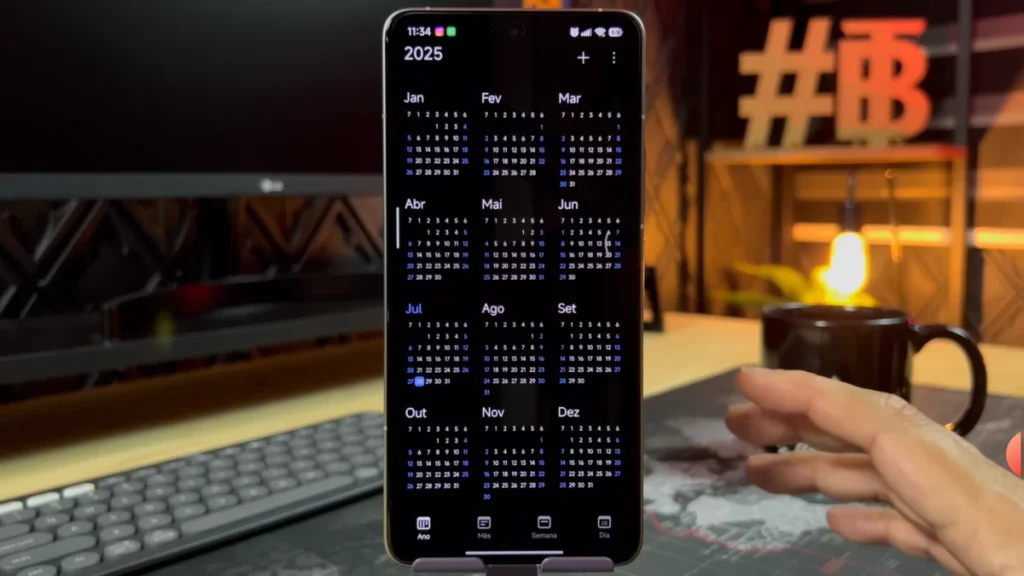
When Will HyperOS 3 Be Available?
The HyperOS 3 is expected to be launched between September and October 2025, with beta versions confirmed for the end of August. The new operating system will be presented alongside the Xiaomi 16 series and will reach many devices, not just the latest ones.
The big HyperOS 3 rollout is scheduled to begin shortly after its official Xiaomi 16 launch, with Xiaomi typically doing a phased rollout prioritizing newer devices first.
Older phones will get the update too. Xiaomi usually supports phones for several years with major updates. Check your phone’s update settings regularly to see when it arrives.
Why These Changes Matter
Xiaomi hasn’t updated their interface design in five years. Users have been asking for something new. Other brands already offer similar features, and Xiaomi was falling behind.
The new design brings Xiaomi up to current standards. It makes phones easier to use and more pleasant to look at. These aren’t just cosmetic changes – they improve how you interact with your device every day.
Design Philosophy Behind the Changes
The focus on iOS-inspired design isn’t copying – it’s smart business. Users recognize good design patterns, and familiarity makes phones easier to use. Xiaomi adds their own touches while keeping what works.
The changes create visual harmony across the interface and reduce color inconsistencies that could distract from core functionality. Everything works together better.
The larger icons in the bottom row improve touch accuracy. You’ll tap the right app more often and waste less time fixing mistakes. Small changes like this add up to a much better experience.
Contextualizing HyperOS 3’s Evolution
Recent developments in HyperOS 3 beta testing show Xiaomi’s commitment to extensive user feedback before the final release. The company understands that major interface changes require careful testing to ensure user satisfaction. Early beta participants report significant improvements in daily usability, particularly with the new icon recognition patterns and improved visual hierarchy.
The compatibility strategy for HyperOS 3 with Android 16 demonstrates Xiaomi’s forward-thinking approach to software development. By building on Android 16’s foundation, HyperOS 3 can leverage native system optimizations while adding distinctive Xiaomi features. This approach ensures better performance and longer-term support for users across different device categories.
Understanding which devices will receive HyperOS 3 helps users plan their technology purchases. The comprehensive Xiaomi HyperOS 3 compatible devices list reveals Xiaomi’s inclusive update philosophy, supporting both flagship and mid-range devices. This broad compatibility ensures that design improvements reach the widest possible user base, regardless of their budget constraints.
Complete HyperOS 3 Icon Design Changes
| Feature | Current Design | HyperOS 3 Design | Improvement |
|---|---|---|---|
| Calculator Icon | Basic calculator symbols | Refined mathematical symbols with depth | Better visibility and modern look |
| Clock Icon | Simple hands only | Numbers 12, 3, 6, 9 with hands | Easier time reading at a glance |
| Notes Icon | Small pencil | Larger, more prominent pencil | Better app identification |
| Battery Indicator | Standard Android style | iOS-inspired design | Cleaner, more intuitive display |
| Status Bar | Unchanged for 5 years | Completely redesigned | Modern, consistent appearance |
| App Icons | Flat design | Rounded, 3D, glossy finish | Premium feel and better organization |
| Control Center | Basic toggles | Liquid glass interface | More elegant and functional |
| Dynamic Island | Not available | Full dynamic notification system | Enhanced user interaction |
FAQ
Will HyperOS 3 work on my current Xiaomi phone? Most Xiaomi phones from recent years will get the update, though newer models receive it first during the phased rollout.
Do the new icons improve phone performance? Yes, the optimized design reduces visual confusion and improves touch accuracy, making your phone feel faster to use.
When exactly will HyperOS 3 be released? The official launch is scheduled for September and October 2025, with the test versions programmed for late August. Broader availability will begin in October 2025, along with new Xiaomi devices.
Are these design changes permanent? Yes, HyperOS 3 represents a long-term design direction for Xiaomi, moving away from their previous 5-year-old interface.
Will the liquid glass interface drain more battery? Modern optimization techniques ensure visual improvements don’t significantly impact battery life on supported devices.
Quick Reference: Key HyperOS 3 Changes
• New Icon Design: Rounded, glossy, iOS-inspired appearance for better visual appeal • Status Bar Update: First major change in 5 years with new battery and signal indicators
• Liquid Glass Interface: Translucent, layered design elements throughout the system • Dynamic Island: Smart notifications that adapt to different activities and alerts • Improved Touch Accuracy: Larger bottom row icons reduce accidental taps • Visual Harmony: Consistent color schemes and spacing across all interface elements • Android 16 Foundation: Built on the latest Android version for optimal performance • Wide Device Support: Compatible with both flagship and mid-range Xiaomi phones • October 2025 Launch: Expected release alongside the Xiaomi 16 series
Sources: Information compiled from various leaks and tech industry reports, including XiaomiTime, TECnoVas solution, and verified internal sources. All details are subject to change before official release.

Valberth Vas, the expert behind TecnoVas Innovate, is the author of the company’s reviews and guides. His vast experience in the world of technology, with a particular focus on Xiaomi’s innovations, allows him to offer in-depth insights and clear guidance on the current technological landscape.

